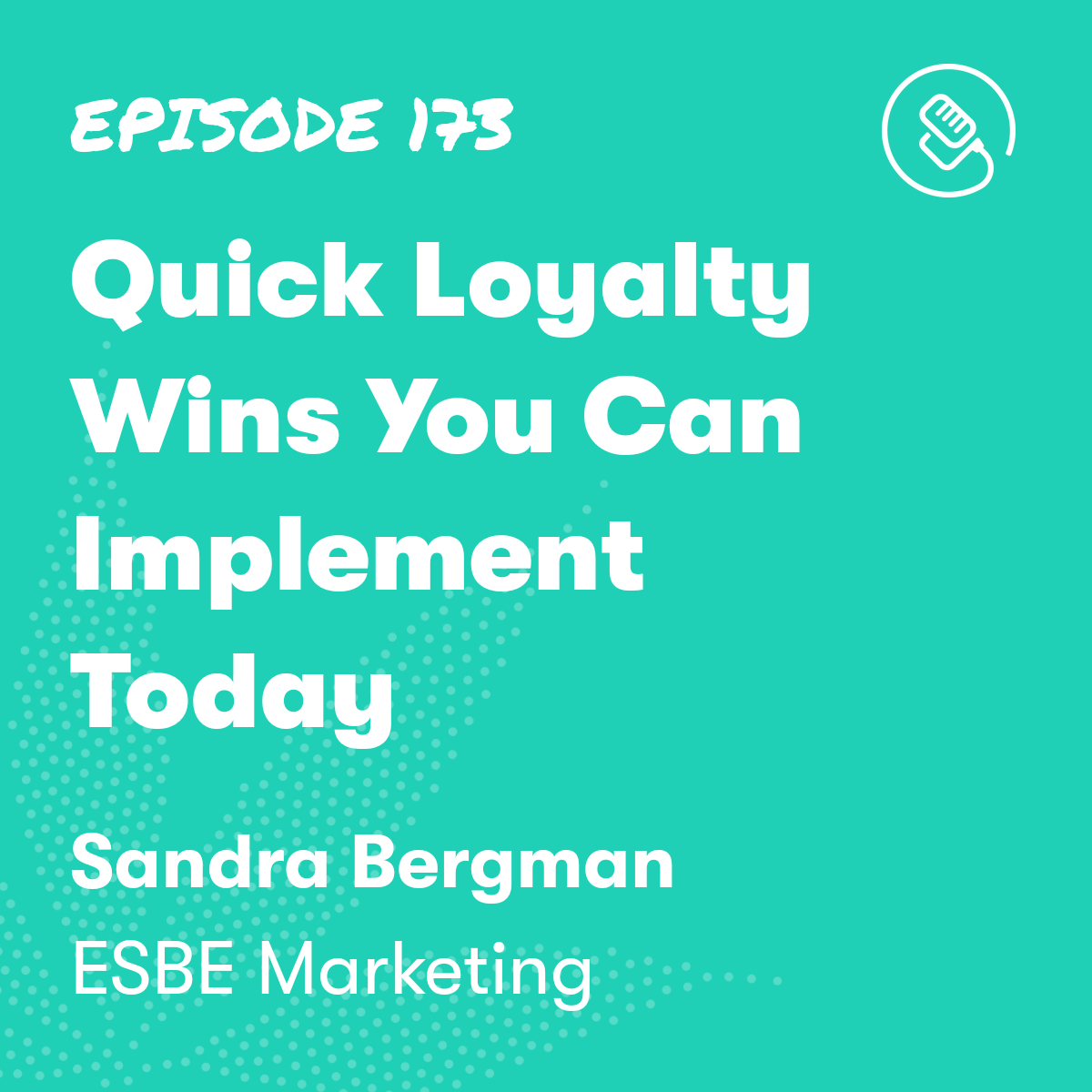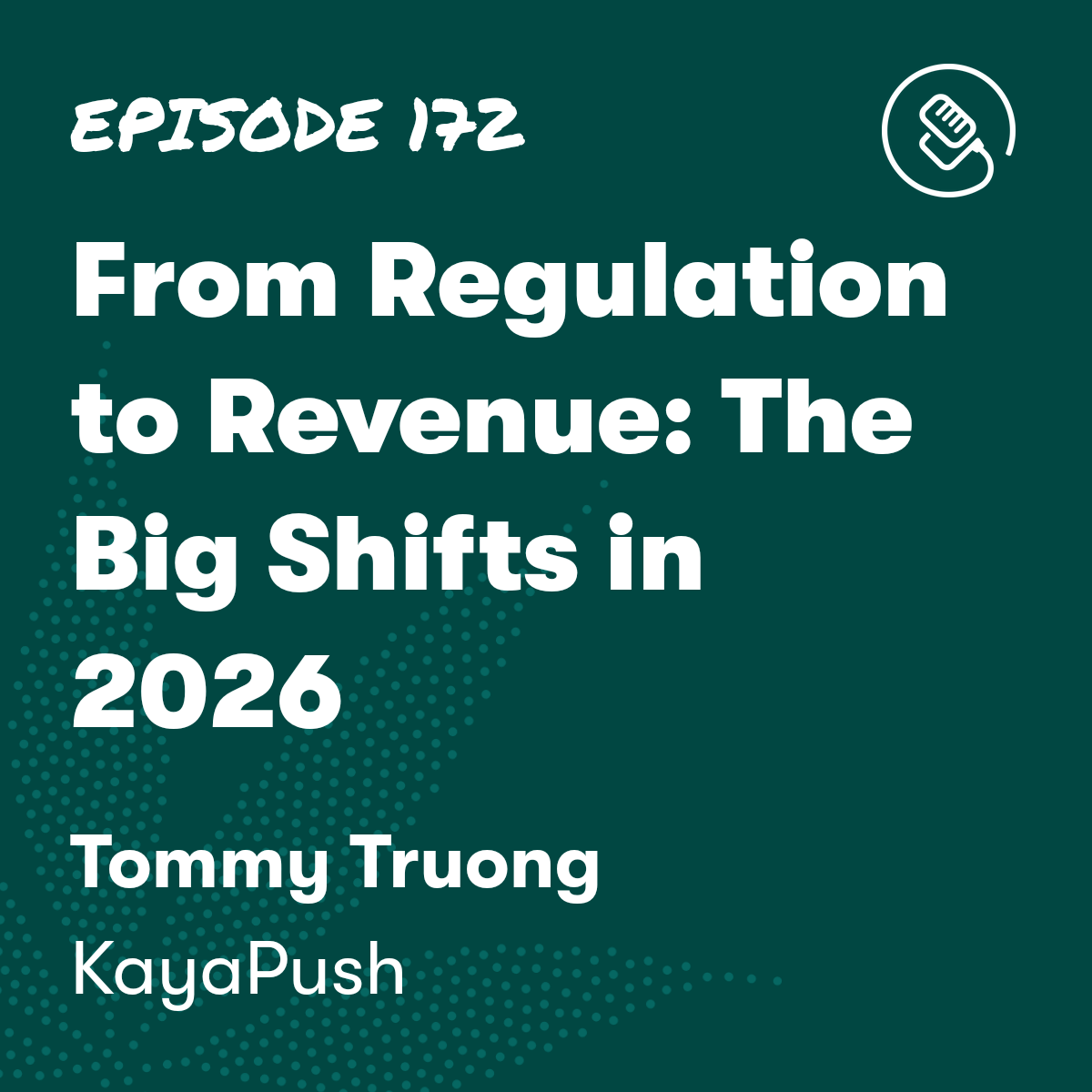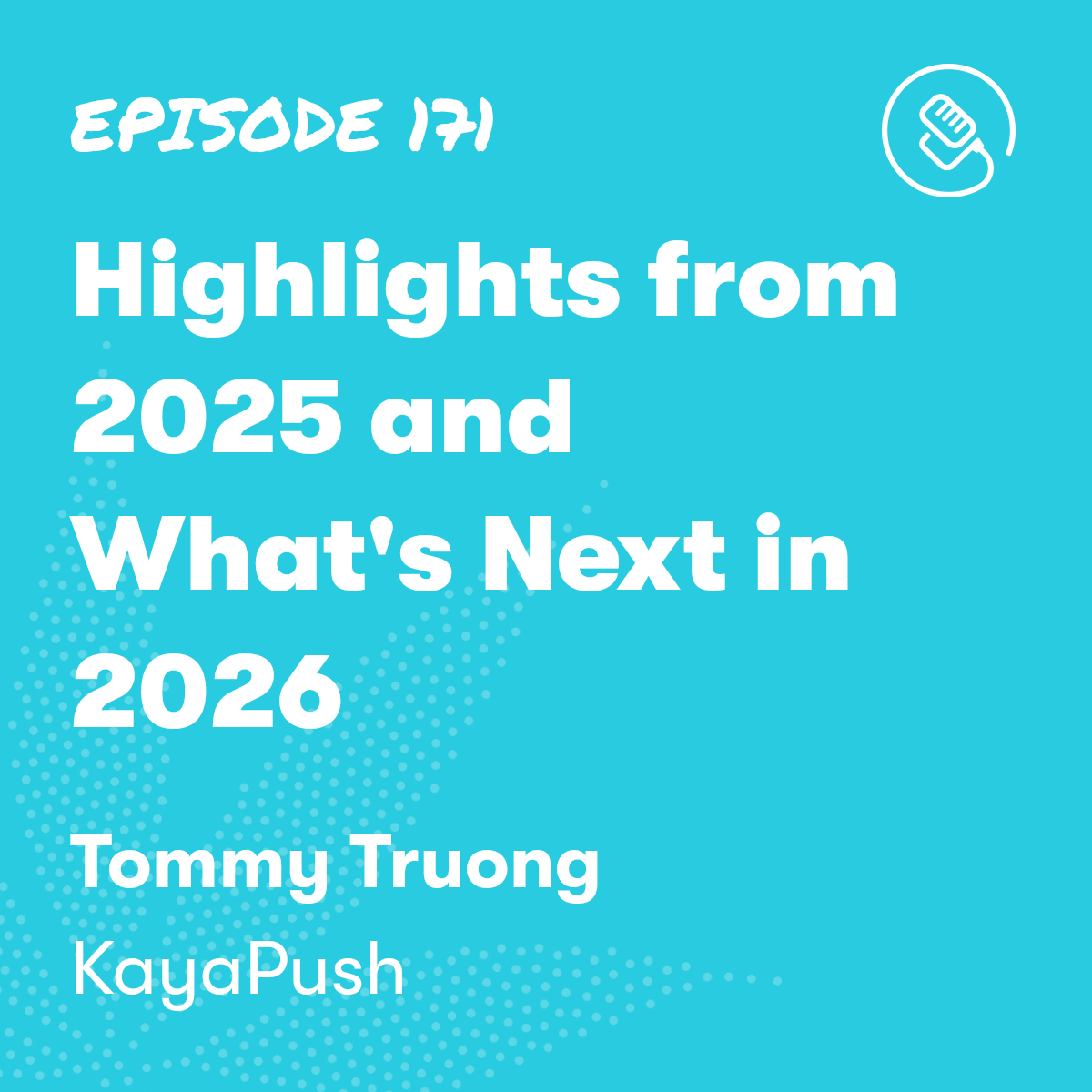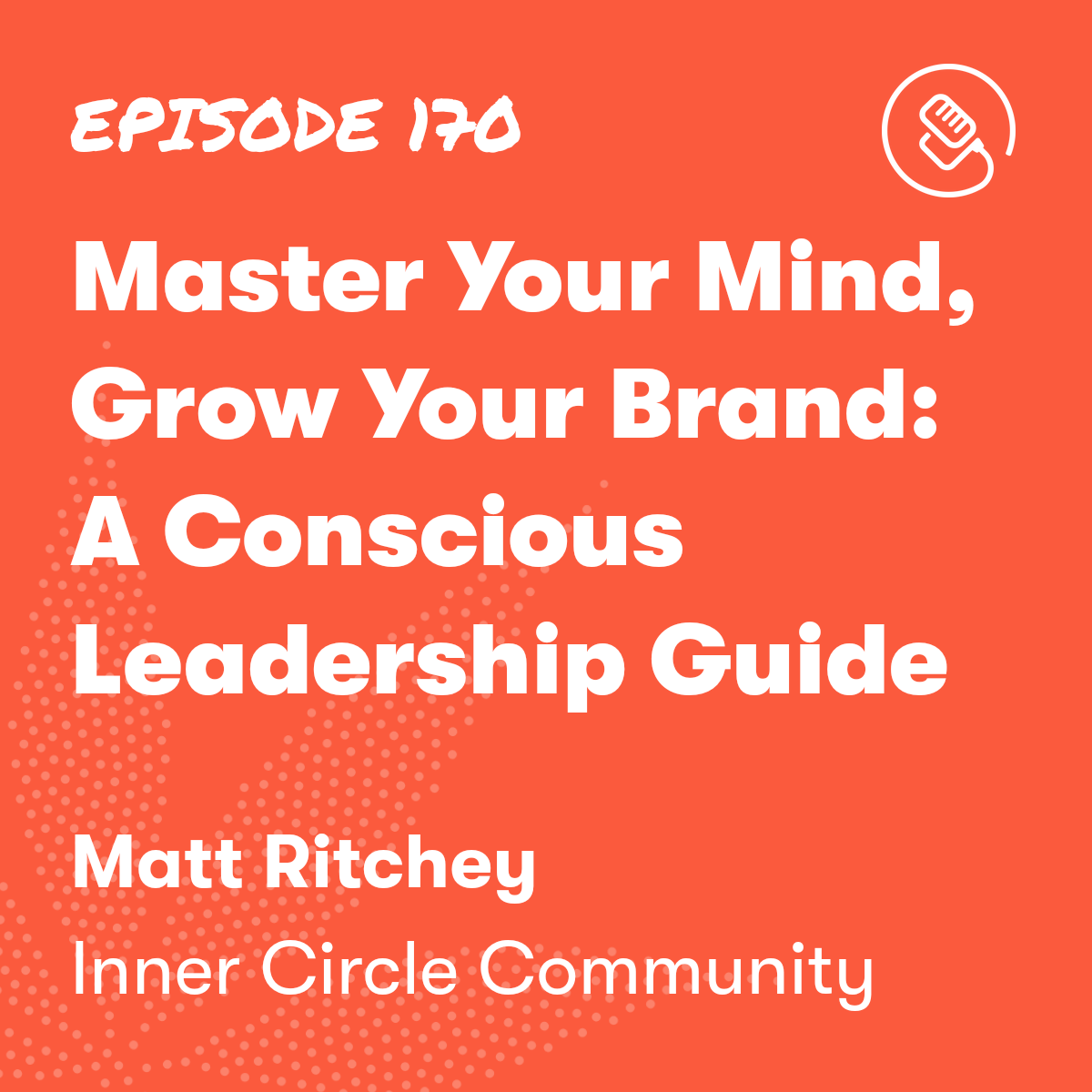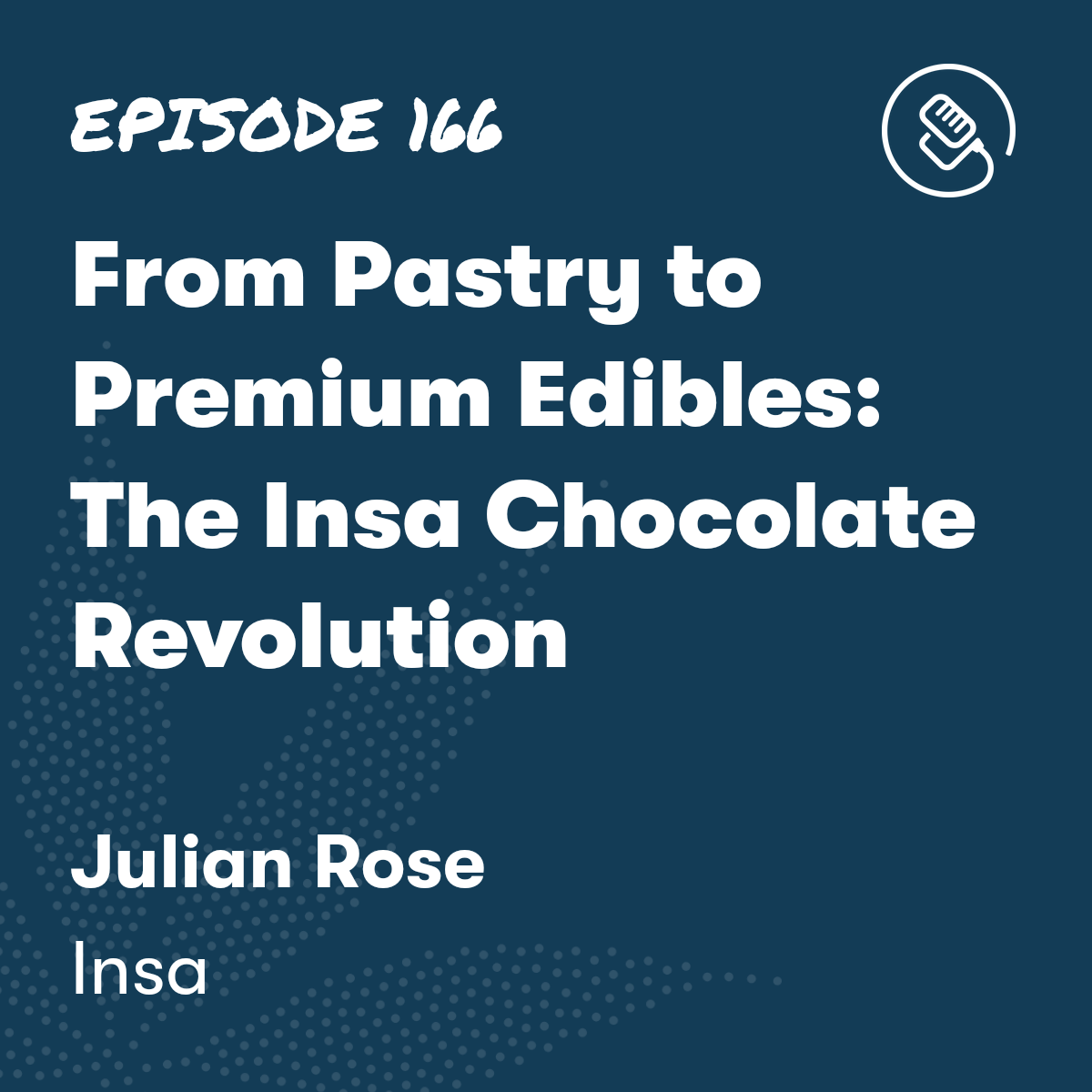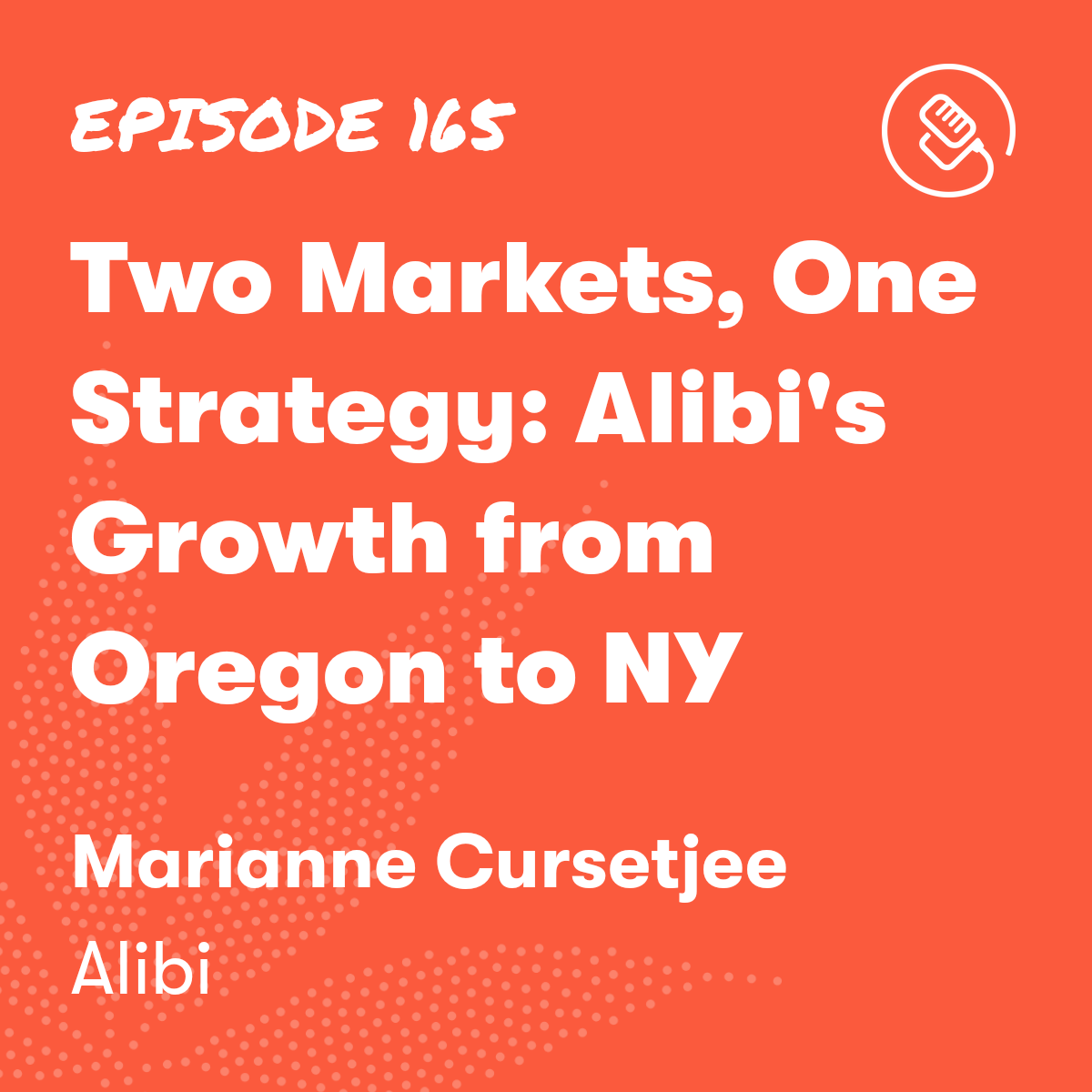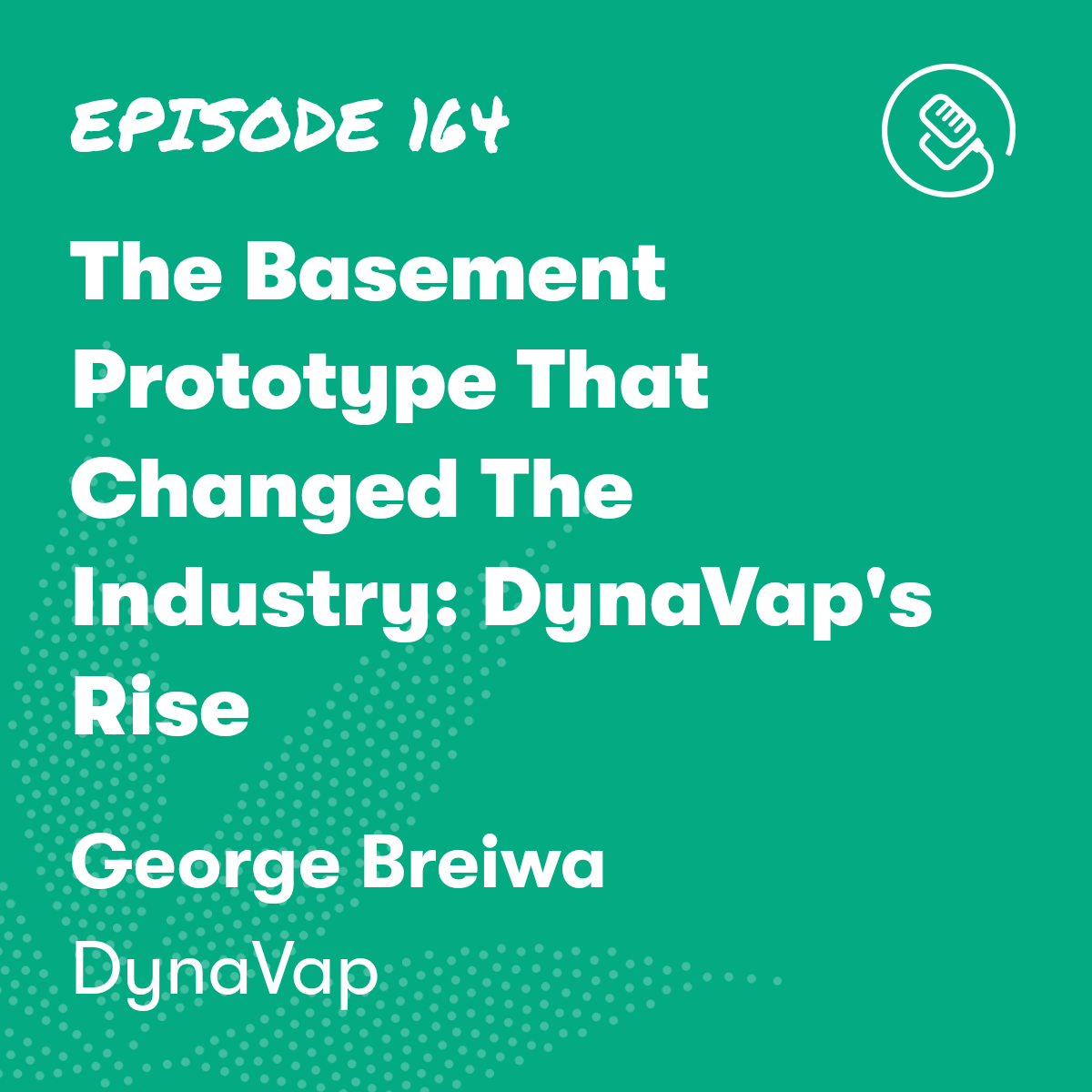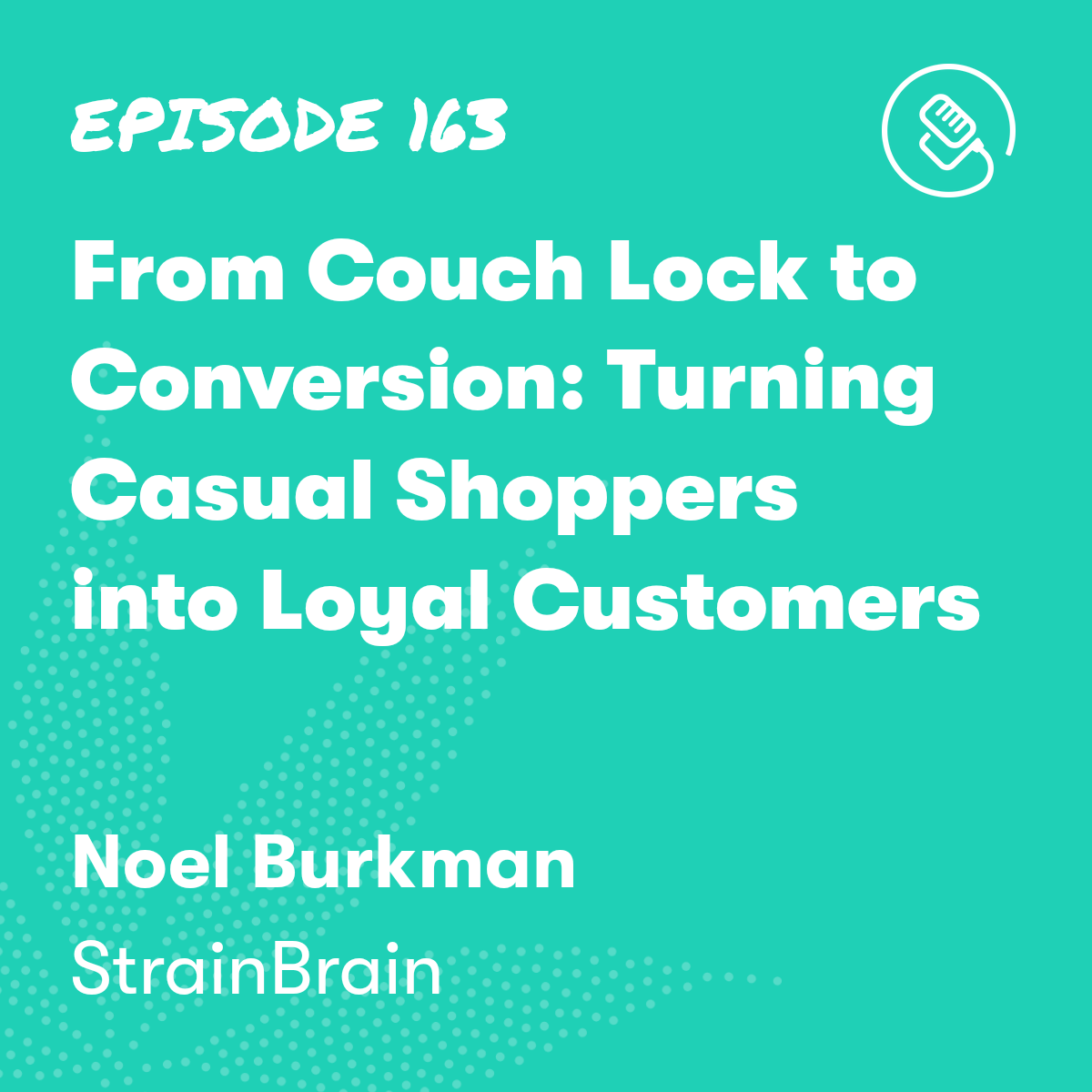

Hemp's Impact on the Cannabis Beverage Boom w/ Wesley Hein
Episode Description

Episode Transcript
[00:00:00] Intro: Welcome to the KayaCast, the podcast for cannabis businesses looking to launch, grow, and scale their operations.
[00:00:11] Tommy: Hey, everyone. This is part two of my conversation with Wesley Hein, head of corporate development and M&A at Mammoth Distribution. We talk about hemp, the cousin of cannabis, how hemp is impacting our industry and what Wesley thinks we can expect with beverages. Great conversation. I hope you guys enjoy.
You've been in this industry for quite some time and you've seen it all. What's happening today in the hemp market?
[00:00:35] Wesley Hein: Oh, the hemp market. It's so funny to be a cannabis executive and the first question is what's happening in the hemp market. First to get out, we're not in the hemp market. We're a cannabis company. We're in California, and New York and we'll be launching in Illinois.
We're all in on cannabis, came into the industry because I think cannabis is the most amazing plant. Love the industry and want to spread it far and wide. Within a couple of years of being in the industry, this farm bill comes out and takes something that sort of is like cannabis.
We know it's the same molecule, it's the same plant, but it's been bred selectively to not have the things that we like the most, which is the THC and some of the other things. But it had this regulatory, opportunity, that many people started to take advantage of, that places that were not able to have, cannabis and cannabis dispensaries, they had those products there.
It's a very leading question. You know what's going on in hemp. It is. It is massive in areas where it is. It's at the wild west if we think of cannabis as being kind of looney tunes and wild west. hemp is many things over. And then state by state. In some cases it's being reeled in, in some cases they're trying to reel it in, and then there's a court challenge to it.
Many of those have been successful, and, then it's being discussed at the federal level. And you can talk to five people who say, I've got an inside source, I know exactly what's gonna happen, and then they will tell you five different things. I think, cannabis industry went through a chaos period, and of course, I shouldn't say the pandemic, Past. It's still going through this chaos period where things change and then, you have a state like Florida and we have no idea if cannabis is going to be made really legal or if it's going to stay the medical market?
Even if it passes, there could be a court challenge. It really does define chaos and hemp is that on steroids.
So it's big. It's exciting. There's a lot of problems with it. I don't think I'm overstating . Some bad actors have come in, for this amazing plant that we all love. I think everybody got in the cannabis industry for it, and yet we're, many of those products are not using natural chemicals. They're converting over from CBD, bombarding it with heptane and some things like that. You have people completely mislabeling, products, marketing to kids, all of those things which is really unfortunate. I think, again, during this chaos phase, you get stuff like that.
[00:03:03] Tommy: How do you see hemp impacting the industry today, the cannabis industry today? And maybe we can talk about a specific market that you're in.
[00:03:12] Wesley Hein: If we're talking about California, it's a really interesting thing because, One thing I think we, is that one of the effects of, prohibition was it created a stigma. I love to walk around my 420 shirts and stuff like that. And I pick up my daughter up from school and occasionally a parent will look at me like, what are you doing?
Where if I was wearing a Budweiser shirt or something like that, I don't think anybody, I don't think that guy, I don't want to have my daughter at play dates at their house. So there's a certain amount of stigma. I think the hemp brands, Most of them are, in fact, they're all very new.
Some have come over from cannabis. I think they've done in such a short time period, an amazing job on marketing on, limited budgets because there wasn't all these huge funds going, we've created a 250 million fund to invest in hemp brands, right? We're on our fourth fund. This is all new.
So limited budgets. New distribution relationships. Some have gone with wine and spirits, a lot going with beer, going with these things. It's all this new. Retailers that don't know what D9 is, didn't know if it was legal, this or that. So they've done, honestly, an extremely, I think, effective and admirable job getting cannabis THC beverages to where they had never been before.
And I don't know who got to Total Wine, and I know Minnesota, it's a very different thing and we can talk about that, but somebody probably had to sit down there. I imagine Total Wine going is this going to hurt our, some of our customer base? They're going to run out or people are going to get sick.
How do we have this? And so forth. And so there must have been hundreds, if not thousands or many thousands of individual conversations where people are coming over. So that's amazing. That's something the cannabis industry never was allowed to do, and certainly has done, very well.
And it's created, it's dropped that stigma in a lot of things. in.
California, the only, and there could be multiple factors for this, but sales are going down, people know that. I feel much of the problem, if you look at it, it has less to do with units and has more to do with time. with pricing compression, unnecessary pricing compression, at that.
But there's one exception. Beverage sales have gone up. And so, the, we can go back, and it's really over this last year. Now, it's still paltry, 1 percent of total sales. Maybe it's eked up a little bit, beyond that. But it's impressive. And then we start coming back and go, what could it be doing that?
And, of course, it's just speculation, but one of the most impactful things the last 12 months has been the onset or the accessibility of hemp beverages. So in that particular way, it may have contributed to an overall, rising of awareness, which of course is great.
[00:05:58] Tommy: Yeah. All tides rises, all boats
yeah.
Where do you see hemp going in California?
[00:06:05] Wesley Hein: It's a coin toss, right? Because, we're in business with and I'm very close with people who are all in on hemp. And, as I mentioned, we're a cannabis company. We make cannabis products. We sell to cannabis dispensers. We're in cannabis associations. I'm also in a hemp association because I do feel that it's there.
It's the future. It's a big aspect of the future. I think the most important thing is to learn, understand, engage, and participate on that, as opposed to, from afar and, be saying, Oh, those hemp people are going to come back. I really feel it is the same. It really, many of these things we take a canned beverage, we manufacture their beverages in California.
They're a very successful hemp beverage as well. And I don't think if you asked them, you said, Are you a cannabis company? Are you a hemp company? They'd look at you and go, We make beverages. In some channels, the only thing we're allowed is a hemp channel. And in other channels, the only thing we're allowed is a cannabis channel.
But wherever it is, we hope people enjoy their can, right? Uncle Arnie's, another beverage, number two beverage brand in California, another one that we manufacture, at our space station division. There's multiple markets where they would not be available if they waited for the regulated market to Legalize, and so they do hemp in those.
I think that's a brilliant, sort of strategy. So we come along, California, so I hear both views, getting back to your point, and I'll sit in on a Cannabis meeting and there's this bill. It's called AB 2223. That's its number. And its whole point is to say We've spent a lot of years since Prop 64 and before that there was a state bill called MRSA and then MRCURSA that set up this regulatory process or this regulatory system for manufacturing, testing, everything about it.
And we want hemp to be in that, right? A lot of communities in their mind said we don't want cannabis in our community as fast backward as that is in my opinion, and they go so we've set up rules for allowing that and then when that total line announcement came It really shook up a lot of the policy makers.
So they have this bill, and the bill was passed every committee it's gone through. It's always been unanimous, but anybody that's followed Safer Banking, that doesn't mean anything, right? You can come down and that final committee, that final person. So there's been a lot of dis and I listen to hemp and they go, we're gonna get You know, my hemphrens.
We're going to get this amended. We're going to get it taxed. What state doesn't like taxes? I don't think there's any answer other than yes, they all like taxes. So there's a, they have a lot of reasons why, yet the author of the bill has said, I don't want amendments on this. So which one will be?
We'll probably know in a couple of weeks. It doesn't mean the governor's going to sign it. We'll get through that committee. If it gets through that committee, most people think it's got the votes. Maybe it doesn't. If it gets to the governor's, desk, most people think he'll sign it since he's added a lot of amendments to it.
If that happens, then, in theory, now there's not, one thing about California?
they love to pass bills and they don't like to do enforcement. As we know, if you don't have a cannabis dispensary license, you're not supposed to retail. I could take this, my little web camera here, and then we'll see.
Walk out, I probably wouldn't have to go too far and I'd go by two or three illegal dispensaries. Out in the open, big green cross, no, No.
attempt at trying to look legal. So just because this bill passes does not mean that there will be, like they're all going to go away. But most likely the Total Wines and BevMo's and the liquor stores and people who have liquor licenses.
Probably you're not going to want to mess around with it. So it's going to take that away. The second thing is the person who's buying a D9 drink, right? THC drink at a Total Wines, probably not going to go to a trap shop. All right. Okay. And honestly, that'd be a little bit scary to, some of the products that are, probably in there on beverage.
So they're either going to not buy anything or if the cannabis industry does their job. Which I hope they do, but it's always possible they won't. But if we do, we're gonna educate as many of those consumers who are at the Total Wines and Liquor stores that they can go to a dispensary.
Now there's an asterisk there, right? Some of those people may have gone into a dispensary. Some of them may have said, Oh, here's , a 5 milligram, beverage, a 3 milligram beverage. I would like that. And then a bud tender rolled their eyes and said, we've got this hundred milligram thing here.
It's only a few bucks more. Don't you want that? And the person might've just been like, ah, or, gotten intimidated or wheeled around or at the first point where they asked them for their IDs, like, what? I haven't bought anything yet. I usually do that when I get carded at the end, right?
So there's a lot of things. And then also. Low dose traditionally has not done what we call low dose has traditionally not done well in, dispensaries. And the hemp lobby has pointed at that and look, it's a fact and said, those are like 0. 1%, 0. 2%, but that's also not apples to apples.
Because if you go in and you see something that's, But right next to it, something 10, 25, 50, and this cornucopia of offerings in a typical dispensary. The fact is that, that if you had all those choices in total line, and if you had the selection that's in total line in dispensaries, The numbers, I think, would change dramatically.
Of course, more people are going to be buying them in a total line. But the problems that exist for dispensaries doing better with low dose, and I think we need to ban the word low dose, right? Instead, it should be sessionable. What is a sessionable beverage, right? It's a glass of wine. A beer.
It's something that people have. It's not a thousand milligram tincture. that if you point a little bit too much in that cap, then you're going to have an interesting, most people will have an interesting, night. So I feel that the only thing that is systemic about the, the I guess the two things, about dispensaries that are hard to cha change are one, I don't know how many liquor stores there are in California, but there's a lot.
Right? There's a lot of places to do it. We only have, I don't know, twelve, thirteen hundred dispensers. So one is just the location. That's a problem that we just, that, we can't. An industry sort of push can't change that. Over time hopefully we will. The other thing is the taxes. The taxes are ridiculous.
We're not going to use up everybody who's watched this, knows this, everybody in the industry knows this. Um, and we will have to deal with that. But we, as we've talked about, governments love taxes. It's really hard to get them to go the other way. So I think that back on Everything else can be changed.
There's nothing that stops a dispensary from having case stacks. What do you see when you go into a liquor store that just seems common? You don't see one of each beverage, right, back on a wall like it's a dab or something. You go, oh, maybe I'll try that Heineken Silver. And they give you one and you look at it.
Some cases they don't even let you touch the stuff. We'll put it in your bag, right? That's crazy. So people are used to buying beverages at liquor stores and grocery stores and so forth. Refrigerate it, pick things up, put them in. There's nothing in the regulations that stop that.
They're used to choice. And what I'm hoping, if this passes, coin toss whether it does, but if it passes, I am really hoping in California that some of the hemp brands will look and go largest beverage market in the world, or excuse me, in the country, and hey, there's co packers, we know how to do this, I'll just reformulate that I'm bringing in actual, real, cannabis derived THC, and even though my sales won't be as much.
I'm going to be in the market, and I'm going to develop my brand, which is really the goal of what they're all trying to do. I know that there's a lot of short sighted money being made, but the serious brands are out there going, No, we are really developing a brand. So do it in the regulated market until the regulations change.
So I hope we work with the, again, the dispensaries to make them more amenable to these, and this is the best news about it. Not since the legalization began January 1st, 2018. Has there been a better opportunity for getting new consumers to come in? And these are additive, right? This isn't stealing dispensary A, stealing something from dispensary B, and then dispensary B lowers their prices and counterback.
These are people who are walking in for the first time and we have an opportunity to turn them into weekly shoppers because that's how people buy beer and wine.
[00:15:03] Tommy: So in summary, the bill would just regulate hemp As cannabis.
[00:15:07] Wesley Hein: It's a long bill and there's a lot of things that it's gone in but I think the easiest way at the highest level is it says it just pushes it, into the cannabis channel. It allows dual use so that a cannabis co packer manufacturer could also make hemp, which always should have been allowed.
It's like the standards that we have to go through to be a cannabis manufacturer. Is so high that, and then, to get a a hemp license, honestly, it's like getting a, registering your vehicle with the DMV. And so it, it's almost like it's, it was quite unfortunate, a little bit crazy that having a cannabis license didn't allow you also to do hemp.
But this state , despite all the illegal activity that goes on here, cannabis and the vast majority of sales, I think has been pretty well documented and studied, goes through all these unregulated channels. Boy, oh boy, they're worried that a gram might get, a hemp might get mixed up or diversion or something.
You want to deal with diversion, shut down the burner distros. No, no, we don't do that. We want Keep an eye on our manufacturers. So that will all change. They've got a date of 2017, if it passes. And I believe just that, water seeks, finds its own level. This is the bill now. Hemp brands and that access and consumer are not going away.
The cannabis industry is not going away, even though sometimes it feels like it. So, this bill, if it passes as is, I think it's just a stake in the ground saying, Hey, we're going to figure these rules out, but we didn't want to do it while these products were being sold at the local consumer. Groceries, or excuse me the gas stations and total wine and everything like that.
Let's figure, let's figure it out. I'm just hoping to be able to keep progress going and a nice little boost for dispensaries, which I think is good for everybody. During that, during the time it gets figured out.
[00:16:58] Tommy: You mentioned that beverages makes up 1 percent of sales. Where do you see this going?
[00:17:04] Wesley Hein: That's a fun one, right? I mean, of course, the real answer is I don't know. But when I have the conversation about how I want to start selling far more beverages, and low dose, call them sessionable alcohol alternatives, but in dispensaries. They'll go, ah, they don't sell. Right? Even if they're in the cannabis industry.
It's like, oh, Beverage didn't sell. We tried one a few years ago. And we tried carrying them if it's a retailer. Distributors hate them because what could be a hand cart now requires a forklift, right?
And then when they're doing a delivery, you can see sometimes if you're watching a cannabis delivery, guys are carrying a couple of boxes because of vape and dabs. All these things
[00:17:43] Tommy: And it's also shelf space too. And
[00:17:46] Wesley Hein: Oh yeah.
So retailers are like, Oh man, where am I going to put all this stuff?
So for a moment. What percentage do you think it should be? Right? Like, really. Assume we address the problems, right? We have the selection. We have these kinds of things along those lines. We have case packs, etc., etc.,
etc. All solvable problems. What do you think? And they're like, Oh, I don't know. I still don't think they're going to do well. Flowers are so much better. I still don't think about them. And I'm like, okay, what percentage? And they're like, I don't know, ten. So 10x growth, and how are you not running around, screaming, we have to get into that.
What other category, there's no other category has a chance of 10x growth. And by the way, I think 10 percent is way too low. But even using those numbers I think that it comes in. So I think the potential's immense And, but I think for some, they just, they'll have to see it in practice, right?
I'd love to go to the state and go to, to address this immense demand. That the hemp industry has created and then we know we can't quadruple the number of dispensaries we need overnight. How about if a dispensary could open up a pop up beverage, not require all the overhead that's associated with the vet, they can just do a pop up for, what amount of time, it's beverage only, it's in cans, there's never been a case where a school, an article came out in a school about a kid that had a backpack filled with, cannabis beverages, I'd love to see those kinds of things. So hopefully those kinds of creativity and hopefully the state comes to the party here, and is a little bit more flexible because the demand is there. The question is how much of it are we going to squander? And I hope as little as possible.
[00:19:30] Tommy: As always, thank you so much for listening and please hit subscribe wherever you are. It helps the channel a lot. Until next time, take care.
[00:19:39] Outro: Thanks for listening to the KayaCast podcast. We hope you enjoyed the show. Don't forget to subscribe to our podcast and your favorite podcast app, or visit our website to access the full archive of episodes from the show.
